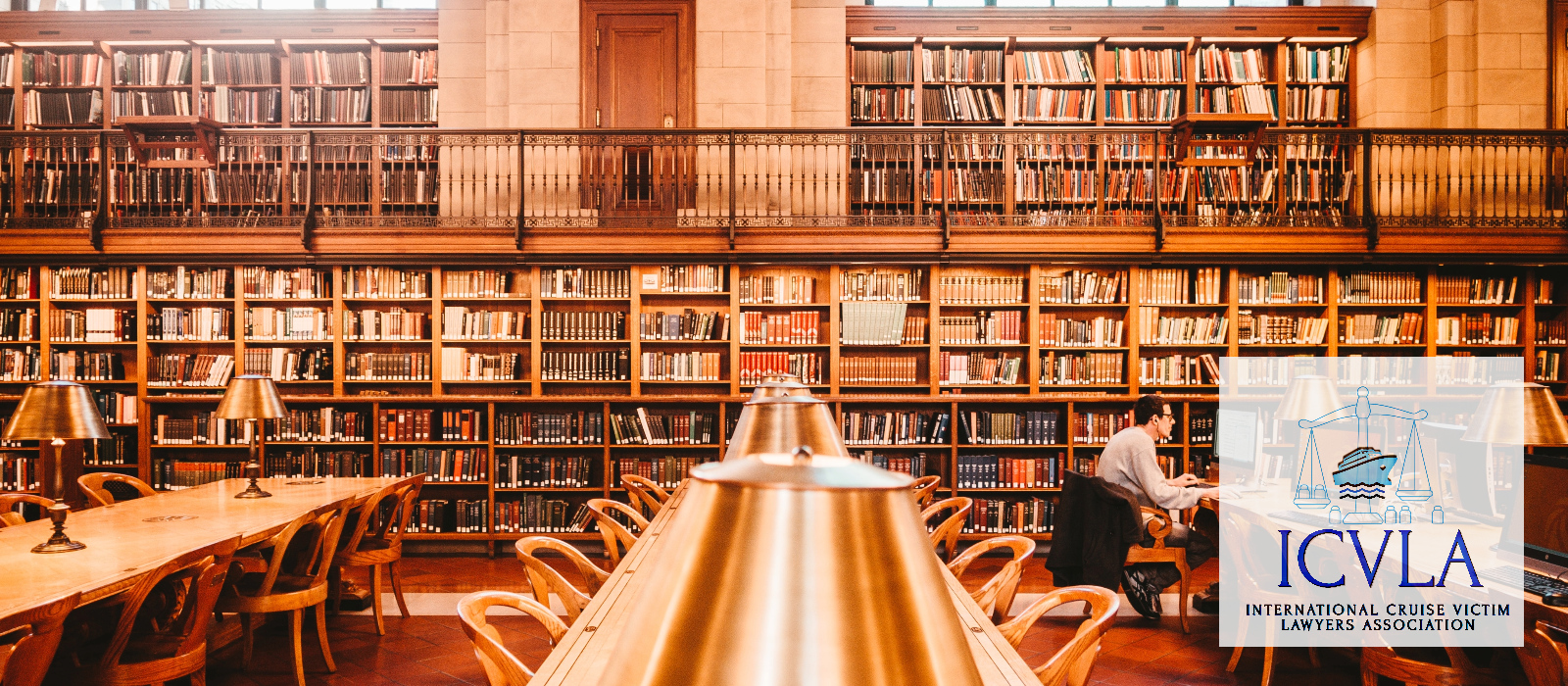
Public Resources on Cruises
Embarking on a grand cruise ship adventure should be a time of joy, relaxation, and memorable experiences. However, unforeseen incidents can turn these delightful moments into tragic experiences. If you or someone you know have fallen victim to incidents on a cruise ship, or have suffered a wrongful death at sea, rest assured – several agencies are at your disposal ready to support you. Let’s delve into the dedicated resources that can help you bring justice and safety to the forefront.
-
Cruise Resources

Cruise Resources
“The safety of every single passenger at sea is paramount.” – Anonymous
This article aims to educate you, the readers, about the government and private agencies that are primed to assist cruise ship victims. Here at the International Cruise Victims Legal Assistance (ICVLA), we strive to make the oceans safer, advocate for victims, and serve expert witnesses and reporters in the noble pursuit of justice.
Resource Agencies That Stand with Cruise Ship Victims: A Snapshot
- The Victim Connect Resource Center
- The National Sexual Violence Resource Center
- The Cruise Line Incident Report
- FBI’s Cruise Ship Crime Reporting Program
- Private maritime law firms and attorneys
It’s essential to know these valuable resources before you embark on your next cruise ship journey or on the off chance that something goes awry. Stick with us as we illustrate each agency’s crucial role in aiding cruise ship victims and those who have suffered a wrongful death at sea.
Government Agencies
In the midst of crisis, governmental bodies are typically able to provide immediate and substantial support. They have a variety kinds of resources available, both for citizens and foreigners on-board.
- U.S. Department of State: The State Department acts as a much-needed bridge of communication between foreign entities and U.S. citizens. It offers assistance for any cruise ship incidents that might occur outside U.S. territory, providing access to local law enforcement and medical resources.
- U.S. Coast Guard: Crucial in emergency rescue situations, the Coast Guard is also instrumental in the investigation of maritime incidents, often spearheading inquiries linked to cruise ship accidents or wrongful deaths at sea.
- Federal Maritime Commission: This agency is a potential resource for issues regarding cruise ship services or claims against a cruise line, regulating aspects such as booking conditions and financial protection schemes.
Private Agencies
Beyond government resource, there also exists a plethora of private organizations that provide support to cruise ship victims, including legal and emotional assistance.
- International Cruise Victims Association (ICVA): As its name suggests, ICVA is committed to advocating for victims of cruise-related incidents. It tirelessly works towards greater safety regulations, while providing support networks and resources to victims.
- MARAD: A private maritime safety consultancy, MARAD helps to inform cruise ship passengers about safety measures, rights, and who to contact in an emergency. It also provides expert witness support in legal proceedings.
- Cruise Victims Foundation (CVF): Focused on the victims, CVF provides both emotional support and assistance in navigating the legal process following an incident at sea. It includes a network of survivors and victims’ families acting as a supportive community.
Each agency, be it governmental or private, plays a crucial role in providing aid and resources to cruise ship victims and their families. By pooling their individual efforts, they help in making the oceans a safer place for all. Going beyond providing reactive support, they are actively involved in shaping policies to prevent future incidents.
Moreover, the crucial role of these agencies extends to providing resources for expert witnesses and reporters. This strengthens the integral integrity of the justice process and thus, contributes in a bigger way to our collective safety.
Support for Expert Witnesses
Expert witnesses form an essential part of legal proceedings, especially in cases of wrongful death at sea. The technical evidence and testimonies they provide offer invaluable insights into the circumstances surrounding these tragic incidents.
Government and private agencies offer a wide range of resources to aid expert witnesses. These resources include access to maritime law libraries, professional development opportunities, and platforms for networking and collaboration. To build their capacity towards providing cutting-edge insights, expert witnesses are also given access to theoretical and practical training programs.
Assisting Reporters
Reporters play an important role in shedding light on the often overlooked issue of cruise ship safety. They bring this information to the public domain, thereby driving the much-needed conversation and action in this area.
Agencies equip reporters with the necessary tools and information to carry out this task effectively. Reporters can access comprehensive databases, research materials, and first-hand testimonies. This goes a long way in ensuring that they present accurate, credible, and compelling stories.
Tailored Assistance to Victims
Direct assistance to victims and their families is a top priority for both government and private agencies. Depending on the unique needs and circumstances of victims, a range of support is offered.
- Legal and counseling services: Victims are provided with legal advice and representation. Trauma counselling and mental health services are also made available to help victims and their families cope.
- Compensation efforts: Agencies work tirelessly to ensure victims and their families receive rightful compensation for their suffering.
- Preventing future incidents: By working on law enforcement and policy advocacy, these agencies strive to prevent future incidents, ensuring a safer maritime environment for all.
What all these efforts add up to is a comprehensive and robust network of support for every player involved in advocating for safer oceans. It is a system that recognizes the value of each individual’s contribution, from the expert witness’s insights to the reporter’s ability to connect with the public, to the victims’ rights to justice and safety.